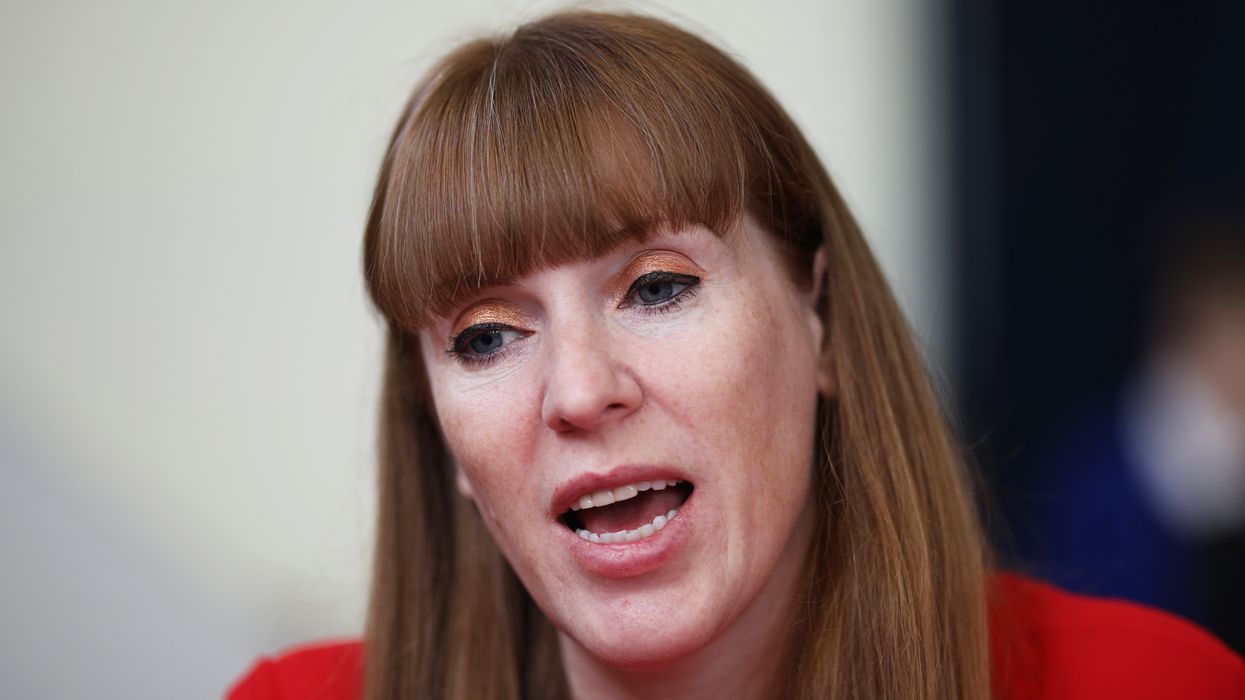Highlights
- Rayner steps down after admitting underpaying property tax
- Resigns as deputy prime minister, housing minister and Labour deputy leader
- Becomes eighth minister to leave Starmer’s government, and the most senior so far
- Her departure comes as Labour trails Reform UK in opinion polls
DEPUTY prime minister Angela Rayner resigned on Friday after admitting she had underpaid property tax on a new home. Her resignation is a fresh setback for prime minister Keir Starmer, who had initially stood by her.
Rayner, 45, announced she would step down as deputy prime minister, housing minister and deputy leader of the Labour Party. She becomes the eighth minister to leave Starmer’s team, and the most senior departure so far.
"I deeply regret my decision to not seek additional specialist tax advice... I take full responsibility for this error," Rayner wrote in her resignation letter to Starmer.
Starmer said he was very sad her time in government had ended in this way but that she had made the right decision.
Labour under pressure in polls
The resignation comes as Labour trails Reform UK in opinion polls. Starmer has already faced criticism over his party’s image, with accusations of hypocrisy linked to accepting costly gifts such as clothing and concert tickets from donors.
Rayner’s exit is seen as a major blow, as she had played a key role in keeping Labour’s left and centrist factions together and was considered more broadly popular than Starmer himself.
From potential successor to resignation
Rayner had been mentioned as a possible successor to Starmer. On Wednesday, she referred herself to the independent adviser on ministerial standards after acknowledging a mistake in her tax payment.
In an interview, Rayner appeared close to tears as she explained that she had set up a trust for one of her sons, who has lifelong disabilities caused by an injury. She sold her share of her family home in northern England to the trust, using the money to buy an apartment in Hove. She believed she did not need to pay the higher tax rate for a second home.
Later, after further legal advice, Rayner admitted she had made an error and said she was taking steps to pay the additional tax.
Record ministerial resignations
Rayner’s departure adds to a series of losses for Starmer’s government. Eight ministers have now resigned, five over wrongdoing. This is the highest number of ministerial resignations outside cabinet reshuffles for any prime minister at the start of their tenure since at least 1979.
Even Boris Johnson, who later faced widespread criticism over lockdown-breaking parties, saw fewer resignations at the same stage.
Challenges ahead for Starmer
The resignation leaves Starmer weakened as he faces the end of the year, when his government must prepare a budget that is expected to include further tax rises. At the same time, Nigel Farage’s Reform is mounting a growing challenge.
Starmer had hoped to signal a new phase of leadership with a reshuffle on Monday after returning from his summer break. But that effort was overtaken by the allegations against Rayner and by Farage’s claim that the prime minister was stifling free speech.
(With inputs from agencies)





